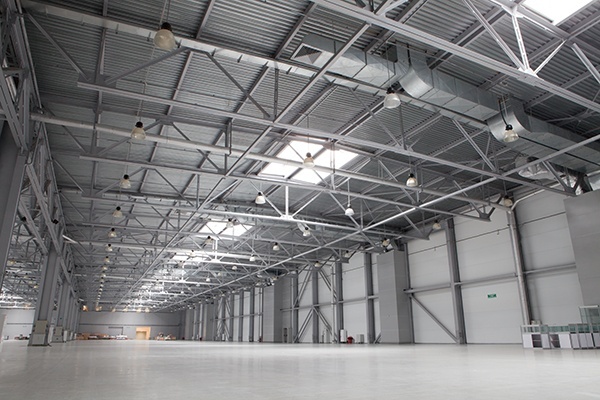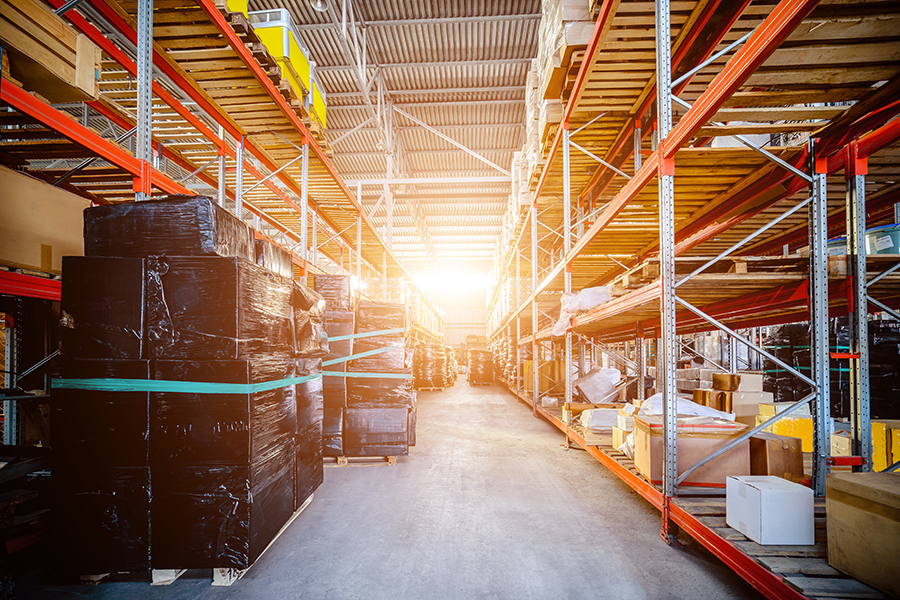In this article, you'll learn:
- The importance of cubic footage and ceiling height in warehouse leasing.
- Why climate control, security, and safety features matter.
- How flooring and wiring details can affect warehouse operations.
- The need to review the lease carefully to avoid unexpected costs.
Leasing a warehouse space is quite different from leasing the traditional office space. Regardless of how long your company has been renting office space, warehouse commercial real estate units are quite different, and it is essential to pay attention to the differences before signing the lease. The following tips will enable you to know the salient things to look out for when signing a warehouse lease.
Carefully Consider Cubic Footage
Unlike other types of commercial real estate, commercial warehouse space is calculated based on its measurements in cubic feet. For instance, while taller ceiling heights may make an office more conducive, they possibly won't leave enough space for people to function in. However, ceilings heights (known as "clear height") imply that you can use taller frames and store more products in a warehouse.

Although, tall ceiling height isn't always advisable, form high ceilings need unique frames and equipment. Also, it is often easier to reach items that are closer to the ground. With this knowledge, you should work perfectly with your planning team to look out for what ceiling height is right, instead of just looking for the tallest space available.
Compare Climate Control and Safety Features
Depending on what you're planning to store, you may need a warehouse space with a carefully controlled climate feature. Heating and cooling systems can change significantly in warehouses, so you don't want to presume that the one you're thinking about has what you desire.
Also, ensure that the proper security measures are put in place:
-
Are there CCTV and alarms in place?
-
Does the building have any modern fire quelling technologies or features?
-
Does it have a secure truck parking & docks?
Pay Attention to the Small Details
In warehouse lease agreements, the small details can massively affect your warehouse experience. For instance, if you are planning to use tall frames or racks to keep bulky items, you may need unique, secured floors.
You should also consider the heating and air conditioning. Not all warehouses have all you need for your business, and you should try as much as possible to pay attention to all these little details.
Gather Enough Information on the Wiring
Warehouses are not wired the same (110-210 wiring) way as residential homes or corporate office spaces. Ensure you know what kind of wiring is done. In addition, verify that the industrial tools or machinery are in working condition. It is advisable to go along with a certified electrical engineer before you sign the warehouse lease.
Read the Lease Carefully
Like any other commercial real estate deals, it is imperative that you carefully take your time to acquaint yourself with all of the conditions of the warehouse lease. Be sure that you know all the details of the warehouse lease— the fees related to it and all the expenses you are going to handle.

Leasing a warehouse is not the same as leasing other types of commercial real estate. While the lease terms may appear similar, the approach is different.
Here are some other articles to check out:
How Much Does a Tenant Rep Cost?
Tenant Improvement Rights You Should Have
9 Reasons You Need a Tenant Rep Broker on Your Side
Subscribe to our blog for more CRE Tips!!







